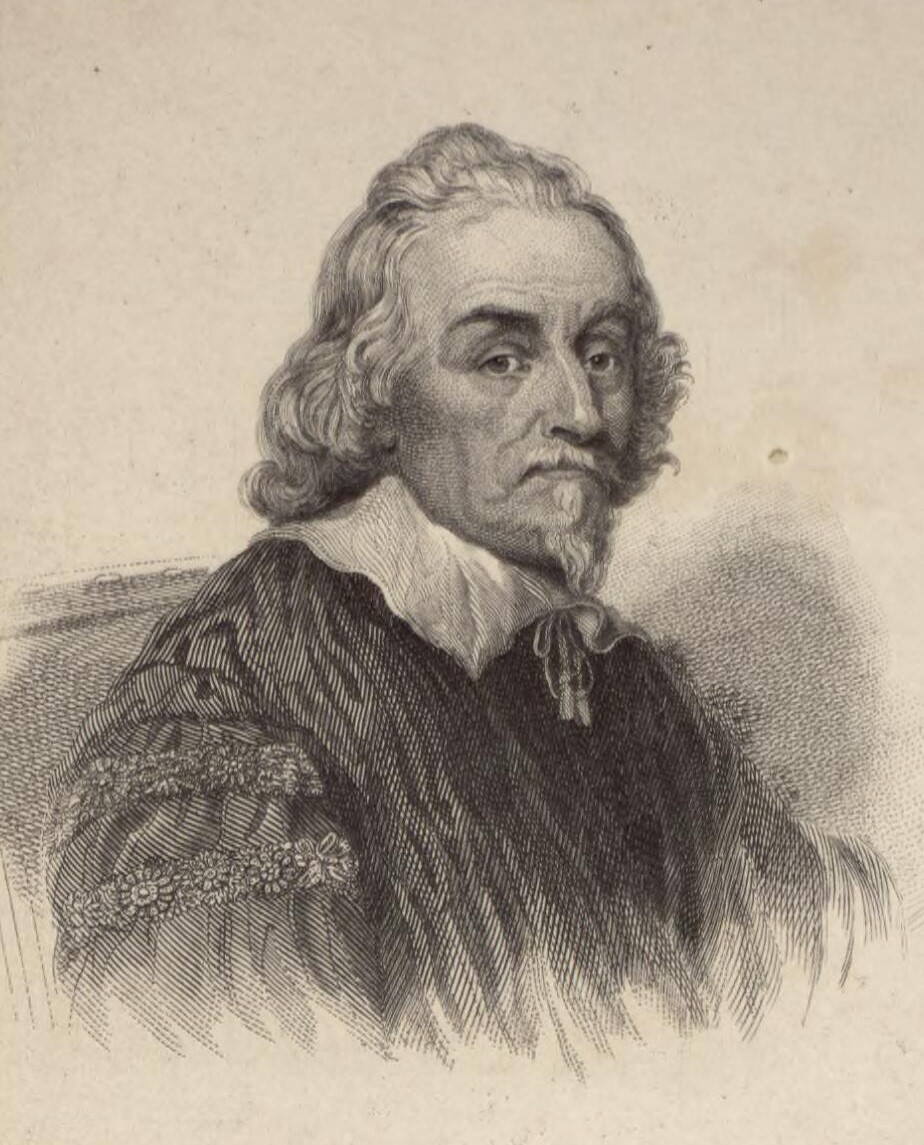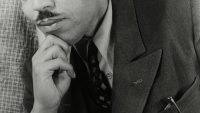William Harvey, born on April 1, 1578, in Folkestone, England, was a pioneering English physician who is best known for his revolutionary discoveries in the field of anatomy and physiology, particularly his work on the circulation of blood. Harvey studied medicine at Gonville and Caius College, Cambridge, before completing his medical education at the University of Padua in Italy, where he studied under the renowned anatomist Hieronymus Fabricius. It was during his time in Padua that Harvey became fascinated with the workings of the human body and began to conduct the experiments that would shape his groundbreaking theories.
In 1628, Harvey published his seminal work, “Exercitatio Anatomica de Motu Cordis et Sanguinis in Animalibus” (An Anatomical Exercise Concerning the Motion of the Heart and Blood in Animals), in which he detailed his findings on the circulation of blood. Contrary to prevailing beliefs at the time, Harvey proposed that blood circulated continuously throughout the body, propelled by the pumping action of the heart. He also demonstrated that the heart acted as a muscular pump, rather than a vessel for the production of heat or the distribution of pneuma, as was previously believed.
Harvey’s discoveries revolutionized the field of medicine and laid the groundwork for modern physiology and biology. His meticulous observations and rigorous experimental methods helped establish the scientific method as the standard approach to studying the natural world. Despite facing initial skepticism and resistance from his contemporaries, Harvey’s work ultimately earned him recognition as one of the most important figures in the history of medicine, and his discoveries continue to inspire and inform scientific research to this day.

Let’s take a look at these 10 interesting facts about William Harvey to know more about him.
- Pioneer of Circulatory System Knowledge : William Harvey’s groundbreaking work in anatomy and physiology, particularly his discovery of the circulation of blood, revolutionized medical understanding and laid the foundation for modern cardiovascular science.
- International Education : Harvey studied medicine at the University of Padua in Italy, a renowned center for medical education during the Renaissance. His exposure to leading anatomists and medical thinkers in Europe greatly influenced his scientific development.
- Private Physician to King James I : Harvey served as a physician to King James I of England, providing medical care and advice to the royal court. This prestigious position afforded him opportunities for research and experimentation.
- Experimental Approach : Harvey’s discoveries were based on meticulous observation and experimentation rather than relying solely on ancient texts or established beliefs. He conducted numerous dissections and experiments to understand the workings of the circulatory system.
- Publication of “De Motu Cordis” : In 1628, Harvey published his seminal work, “Exercitatio Anatomica de Motu Cordis et Sanguinis in Animalibus” (An Anatomical Exercise Concerning the Motion of the Heart and Blood in Animals), commonly known as “De Motu Cordis,” detailing his findings on the circulation of blood.
- Demonstration of Circulation : Using vivisection (dissection of living animals), Harvey demonstrated that blood circulates continuously throughout the body and is pumped by the heart. This overturned the traditional belief that blood was consumed or transformed within the body.
- Public Lectures : Harvey delivered public lectures to demonstrate his findings and promote scientific understanding of the circulatory system. His lectures attracted both medical professionals and laypeople, contributing to the dissemination of his revolutionary ideas.
- Later Career : Despite initial skepticism from some of his contemporaries, Harvey’s work eventually gained widespread acceptance, and he continued to practice medicine and serve as a respected physician until his later years.
- Influence on Medical Education : Harvey’s discoveries transformed medical education, leading to a greater emphasis on empirical observation, experimentation, and the scientific method in medical training.
- Enduring Legacy : William Harvey’s contributions to medicine and science have had a lasting impact, shaping our understanding of the circulatory system and influencing generations of physicians, researchers, and educators. His work remains a cornerstone of modern physiology and cardiovascular medicine.
William Harvey’s groundbreaking discoveries in the field of anatomy and physiology, particularly his elucidation of the circulation of blood, forever altered the course of medical history. Through meticulous observation, experimentation, and scientific reasoning, Harvey challenged long-standing beliefs about the nature of the circulatory system, demonstrating that blood circulates continuously throughout the body propelled by the pumping action of the heart. His revolutionary work laid the foundation for modern cardiovascular science and transformed medical education and practice. Harvey’s legacy endures as a testament to the power of empirical inquiry and the pursuit of knowledge, inspiring generations of scientists, physicians, and researchers to advance our understanding of the human body and its intricate workings.




Hello.
Good luck 🙂